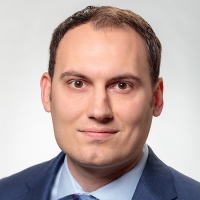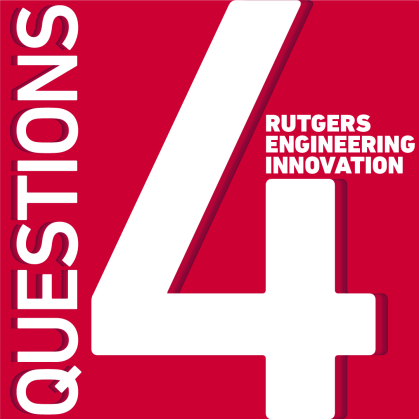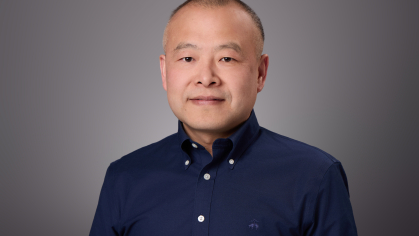Research to Focus on Experimentation of Spacecraft Propulsion Systems

Steven Berg joined the Department of Mechanical and Aerospace Engineering as an assistant professor in September 2023. His academic, research, and industry experience includes serving as a lecturer at North Carolina State University, postdoctoral fellowships at the University of Illinois at Urbana-Champaign and Missouri University of Science and Technology, as well as service as the CEO of Froberg Aerospace LLC, which develops multimode propulsion systems for small satellites.
Four Questions for Assistant Professor Steven Berg

What fueled your passion for MAE?
I’ve always been fascinated with space and rockets since I was a child. Originally, I wanted to be an astronaut, but I found out in high school that there was a 6’4” height limit – and I’m 6’7”. Despite that, I wanted to be around the aerospace industry, so I decided to pursue aerospace engineering in college. My passion was really ignited after taking thermodynamics class and being able to work with rocket fuels and high-power rockets around my sophomore year. Everything just took off from there, and my passion hasn’t faded.
What is the focus of your research?
It’s mainly in the application area of spacecraft propulsion, specifically multimode spacecraft propulsion, which aims to find ways to combine the two major categories of spacecraft propulsion – chemical and electric. Chemical propulsion is good for producing large amounts of thrust, but is not very fuel efficient – think low miles per gallon. Electric propulsion has better fuel efficiency, but can’t generate large amounts of thrust, so it takes the spacecraft longer to get to its destination. If we could elect to use either mode as mission needs dictate, we could realize spacecraft that are more capable, responsive, and resilient.
My research lab at Rutgers focuses mainly on experimentation to study spacecraft propulsion systems. I currently have equipment to help us synthesize novel propellants, evaluate the safety and handling properties of energetic materials, and have a fully functional, mobile chemical thruster test platform. Soon, I plan to acquire a vacuum chamber, which will let us test both chemical and electric propulsion systems in an environment that simulates the vacuum of space.
Currently, both graduate and undergraduate students are pursuing projects related to space propulsion – and I’m actively recruiting more to join the lab.
Who might benefit from your research?
Fundamentally, the purpose of my research is to improve spacecraft capabilities and realize new possibilities for missions in space. Many people would jump to NASA science missions and manned space flights, and my research can have an impact there. But I think most people aren’t aware of just how big the impact of spacecraft is on their daily lives. Spacecraft perform duties to enable communications and internet, cellular, and television access to information; help us study Earth and monitor the effects of pollution and climate change; help generate weather forecasts; and are vital to ensure our national security. Really, everyone can benefit at least indirectly from better spacecraft – provided those spacecraft are used to generate data for the greater good of humanity.
What do you most enjoy, so far, about the MAE department and the SoE?
I’ve only been here since September, but I think what I enjoy most so far is the enthusiasm, ambition, and talents of the students here are Rutgers, and especially their passion about learning about my areas of expertise. I also advise the student design Rocket Propulsion Lab, and some of what they are doing is already well beyond what I thought possible from a student-run rocketry organization. I am greatly looking forward to helping my students realize their potential as well as to what they will accomplish after they leave Rutgers.


